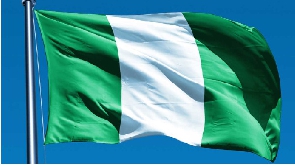A study conducted by the Ministry of Trade and Industry forecasts that imports from the European Union will increase by up to US$115 million annually when Ghana starts to implement a system of reciprocal tariffs with the European Union as demanded by the World Trade Organisation. Most of these increased exports are expected to be at the expense of local industrial production, and will likely lead to factory closures and severe job cuts.
Most Ghanaian exports to the EU have been duty free under the Lome convention but Ghana is now required to offer EU goods similar terms. The tariff reciprocity system will also bring about a fall in government revenue of up to US$72 million as import duty receipts reduce as a result of lower tariffs on imports from the EU.
The study was commissioned as Ghana, under the umbrella of the African Caribbean and Pacific States (ACP), prepares to open negotiations with the EU, from next month, on reciprocal trade tariffs between the two economic groupings. The WTO has ruled that the preferential tariffs, which Ghana and other ACP states have enjoyed in accessing EU markets must be replaced by the principle of reciprocity.
The resultant expectant surge in imports from the EU will place intolerable pressure on Ghana’s foreign exchange resources and will likely be accompanied by significant depreciation of the cedi. Even more importantly, the increased EU imports will severely dislocate production. The study forecasts that local industries will suffer particularly in certain sectors such as production of plastics, glue and paints. The EU is Ghana’s biggest trading partner currently taking up 43% of Ghana’s exports and providing 40% of total imports. Ghana’s bilateral trade with the EU amounted to 2 billion Euros last year with a positive trade balance for Ghana of 140 million Euros.



















